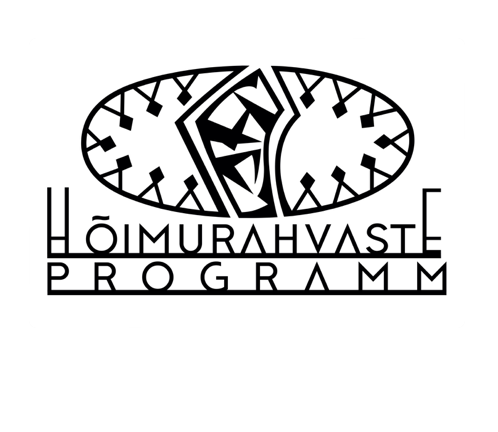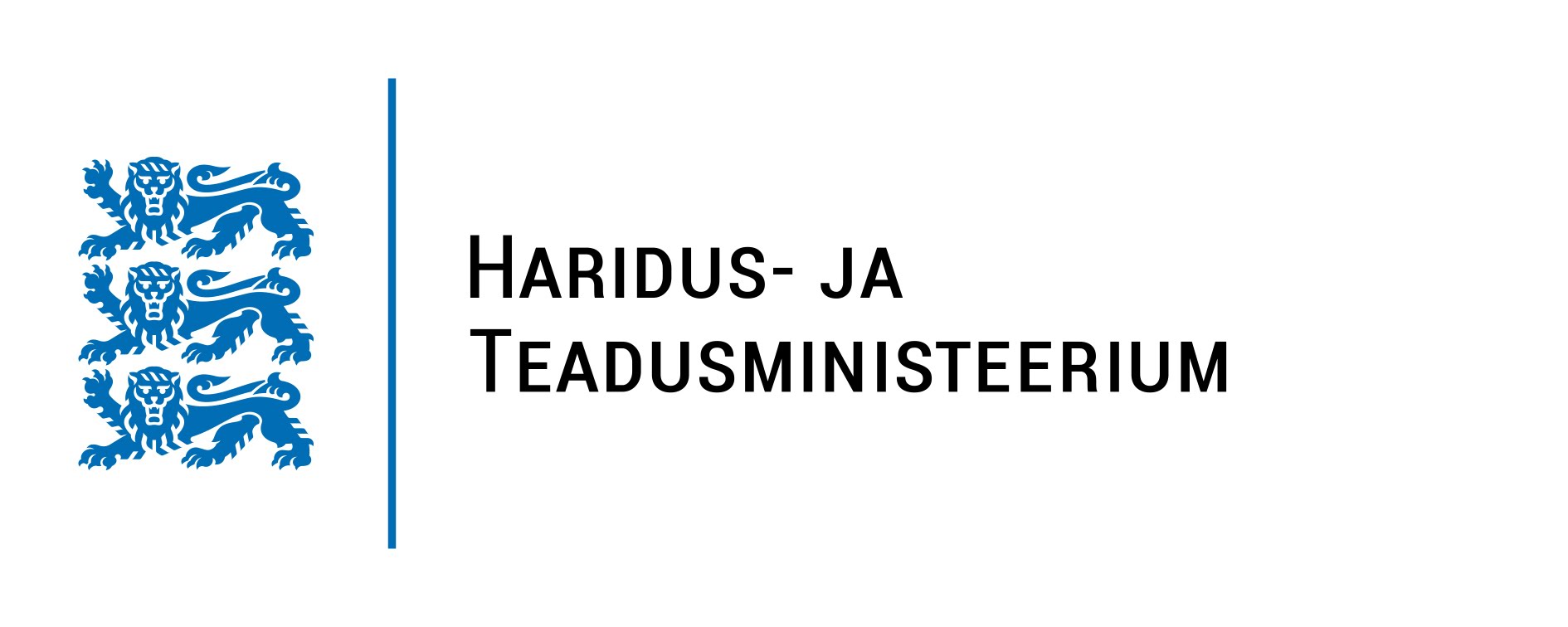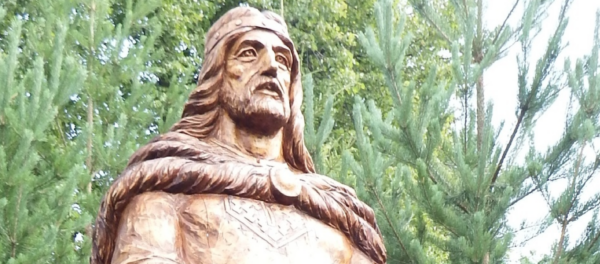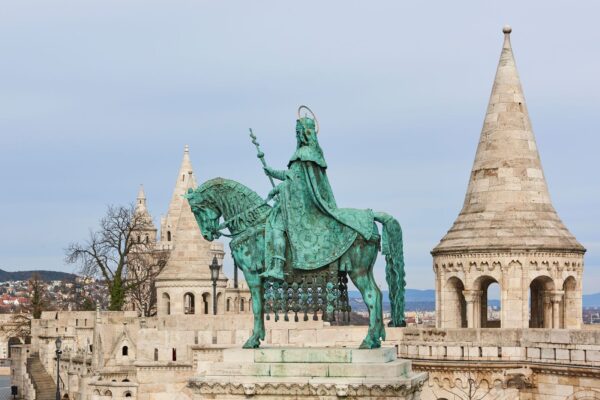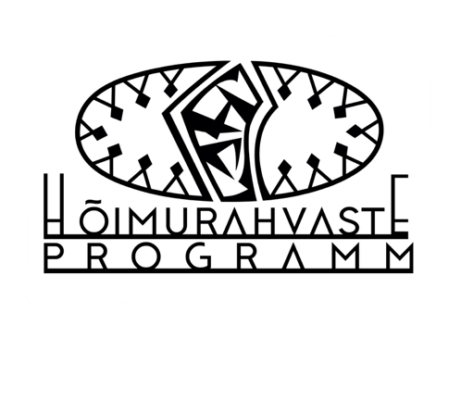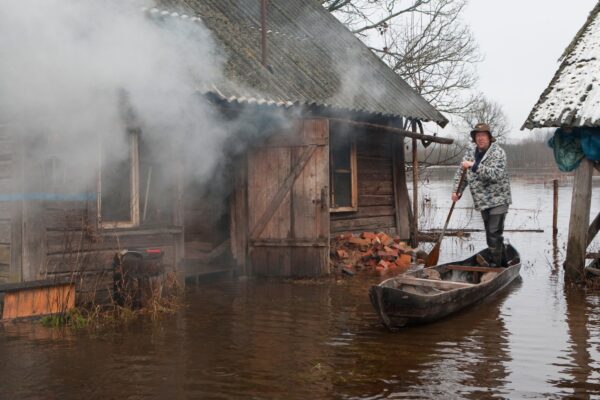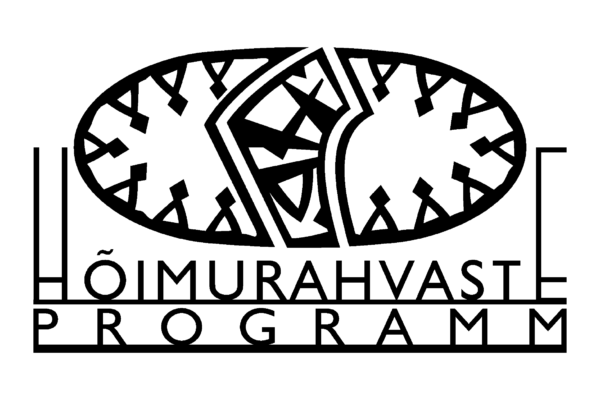The Ethnic Science Award goes to linguist and anthropologist Roza Laptander
The Kindred Peoples’ Programme’s Ethnic Science Award goes to linguist and anthropologist Roza Laptander for her research on the silence of the Nenets.
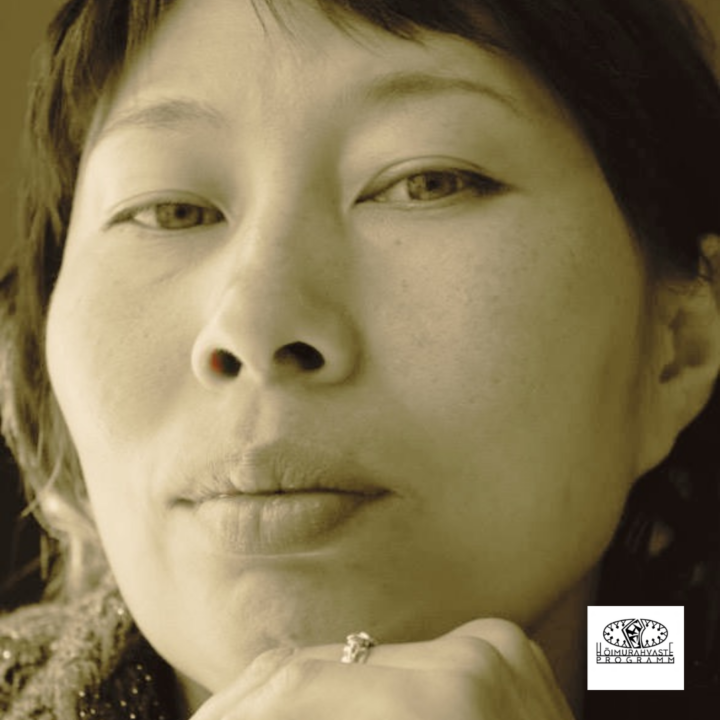
The Kindred Peoples’ Programme’s Ethnic Science Award goes to linguist and anthropologist Roza Laptander for her research on the silence of the Nenets “When we got reindeer, we moved to live to the tundra: The Spoken and Silenced History of the Yamal Nenets“.
The Kindred Peoples’ Programme’s Ethnic Science Award, granted under the auspices of the Estonian Ministry of Education and Research recognises academic work about Uralic ethnic sciences (literature, linguistics, history, archaeology, ethnology, folklore studies). The competition had eight nominees this year.
The award was bestowed upon Roza Laptander for her doctoral thesis titled “When we got reindeer, we moved to live to the tundra: The Spoken and Silenced History of the Yamal Nenets”, which she defended in Rovaniemi at the University of Lapland in 2020. The expert committee (composed of Art Leete, Madis Arukask and Sven-Erik Soosaar) highlighted Roza Laptander’s culturally sensitive research as a very important accomplishment for the ethnic science of the Nenets, and Uralic peoples in general, which also has an international dimension. The monograph is centred on the oral history of the Tundra Nenets – on how the ways of storytelling and the rules of staying silent that are linked to certain events reflect the mechanisms of how individual and collective history develop.
“Thank you for understanding the aim of my research and how important it is to talk about the silence and the silencing of Siberian indigenous peoples,” Laptander says, grateful for the recognition. “It is very meaningful what is left unsaid and why. Depending on the situation, staying silent may be a tool both for remembering or forgetting. On the one hand, staying silent links to the personal sense of responsibility and the community’s inherent needs and interests, but on the other hand, it is related to the politically imposed system and culture”.
Laptander (1978) is doing a post-doctorate at the University of Hamburg in Germany and a is a visiting scholar at the University of Lapland in Rovaniemi. “Finding my place in a multicultural environment has been a long and winding road for me. The moment when I realised how strong my connection with my family was, I knew I had no other choice but to remain a Nenets. This is what has inspired me to study the Nenets language, culture, and history in depth – so that I could give the Nenets people their stories back.”
The Kindred Peoples’ Programme’s Ethnic Science Award has been granted since 2012 and it recognises the academic work of representatives of indigenous Uralic peoples without statehood. It is possible to nominate monographs, collections, or full volumes published in the past four years. Laureates are determined by an expert evaluation committee and approved by the Board of the Kindred Peoples’ Programme. The amount of the award is 1,250 euros.
In the other category of the competition, the Kindred Peoples’ Science Award, which recognises academic work published in a Uralic language, no award was granted this time.
additional information
Kindred Peoples’ Programme Marika Alver Institute of the Estonian Language

